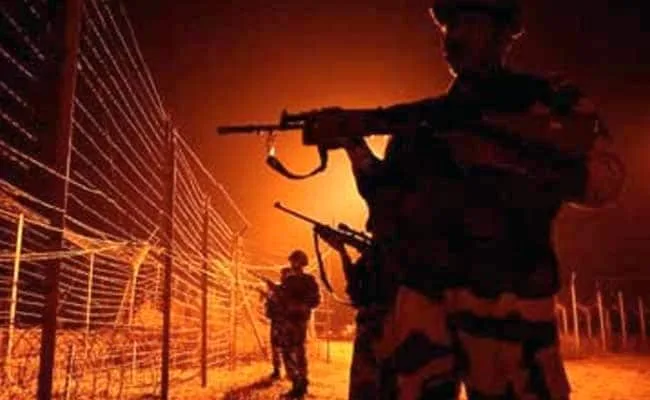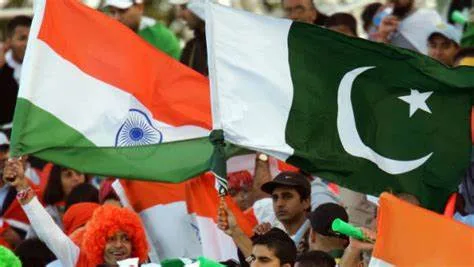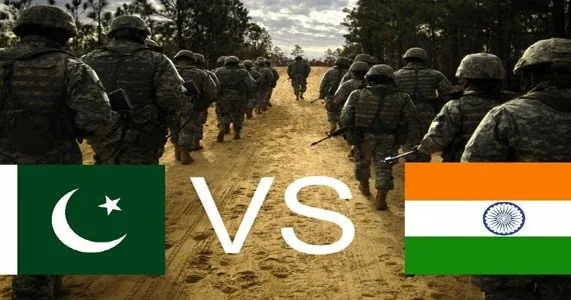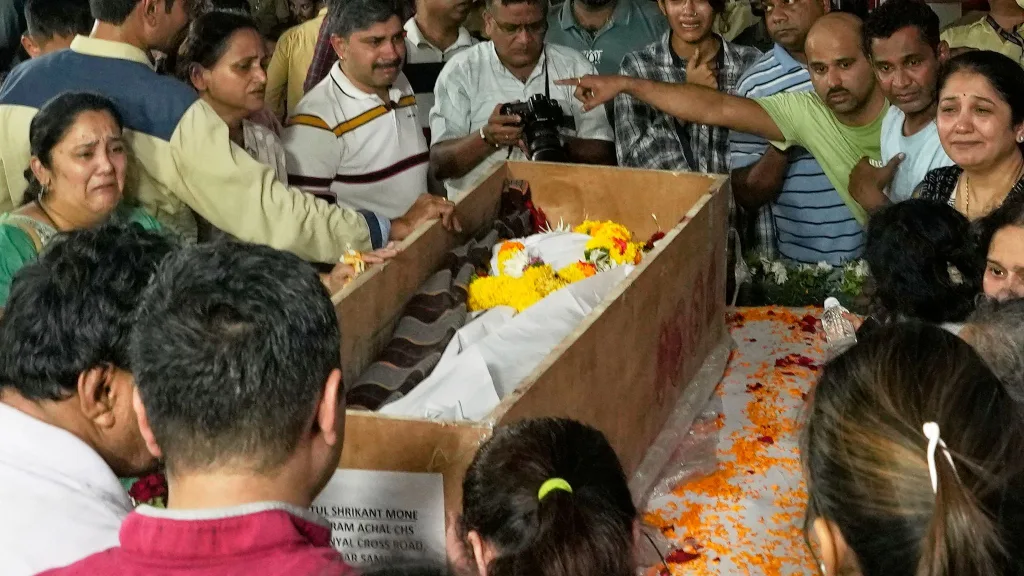CAIRO, April 29 — Egyptian President Abdel Fattah el-Sisi has called for India and Pakistan to de-escalate tensions over Kashmir, emphasizing Cairo’s commitment to monitoring developments in the region and supporting efforts toward a peaceful resolution.
El-Sisi expressed hope that both nations would ease tensions as soon as possible, warning that further escalation could have serious consequences. “We hope for the soonest decrease in tensions between Pakistan and India before the situation gets too serious,” he stated, urging both sides to return to negotiations.

Background of the Crisis
The latest surge in hostilities began on April 22, when militant gunmen opened fire with machine guns in the tourist town of Pahalgam, located in Jammu and Kashmir. The attack resulted in the deaths of 25 Indian citizens and one Nepalese national, with many others injured. The assailants fled the scene, prompting an extensive investigation.
Indian intelligence services later claimed to have found evidence linking the Pakistani secret services to the attack, allegedly carried out by Lashkar-e-Taiba, a radical group outlawed in Russia. The accusations have further strained relations between the two nuclear-armed neighbors.

India’s Response and Diplomatic Fallout
Following the attack, India took several retaliatory measures, including:
- Halving its embassy staff in Islamabad.
- Declaring Pakistani military advisors in India personae non gratae.
- Closing the Attari checkpoint, a key border crossing between the two nations.
- Suspending the Indus Water Treaty, a crucial agreement governing water-sharing between India and Pakistan.
- Halting visa issuance for Pakistani nationals.
Pakistan, in turn, closed its borders and airspace to Indian flights, further escalating the diplomatic standoff.

Egypt’s Role in De-escalation Efforts
Egyptian Foreign Minister Badr Abdelatty has engaged in direct talks with his counterparts in India and Pakistan, urging both nations to exercise restraint and prioritize diplomatic solutions. In separate phone calls, Abdelatty extended condolences to India for the victims of the attack while reaffirming Egypt’s commitment to regional stability.
Pakistan’s Deputy Prime Minister and Foreign Minister Mohammad Ishaq Dar rejected India’s allegations, calling them “baseless”, while Indian External Affairs Minister Subrahmanyam Jaishankar reiterated India’s stance on holding Pakistan accountable for the attack.

Looking Ahead
With tensions at a boiling point, Egypt continues to advocate for peaceful dialogue between India and Pakistan, emphasizing the need for de-escalation to prevent further instability in South Asia. The international community remains watchful as diplomatic efforts unfold.
